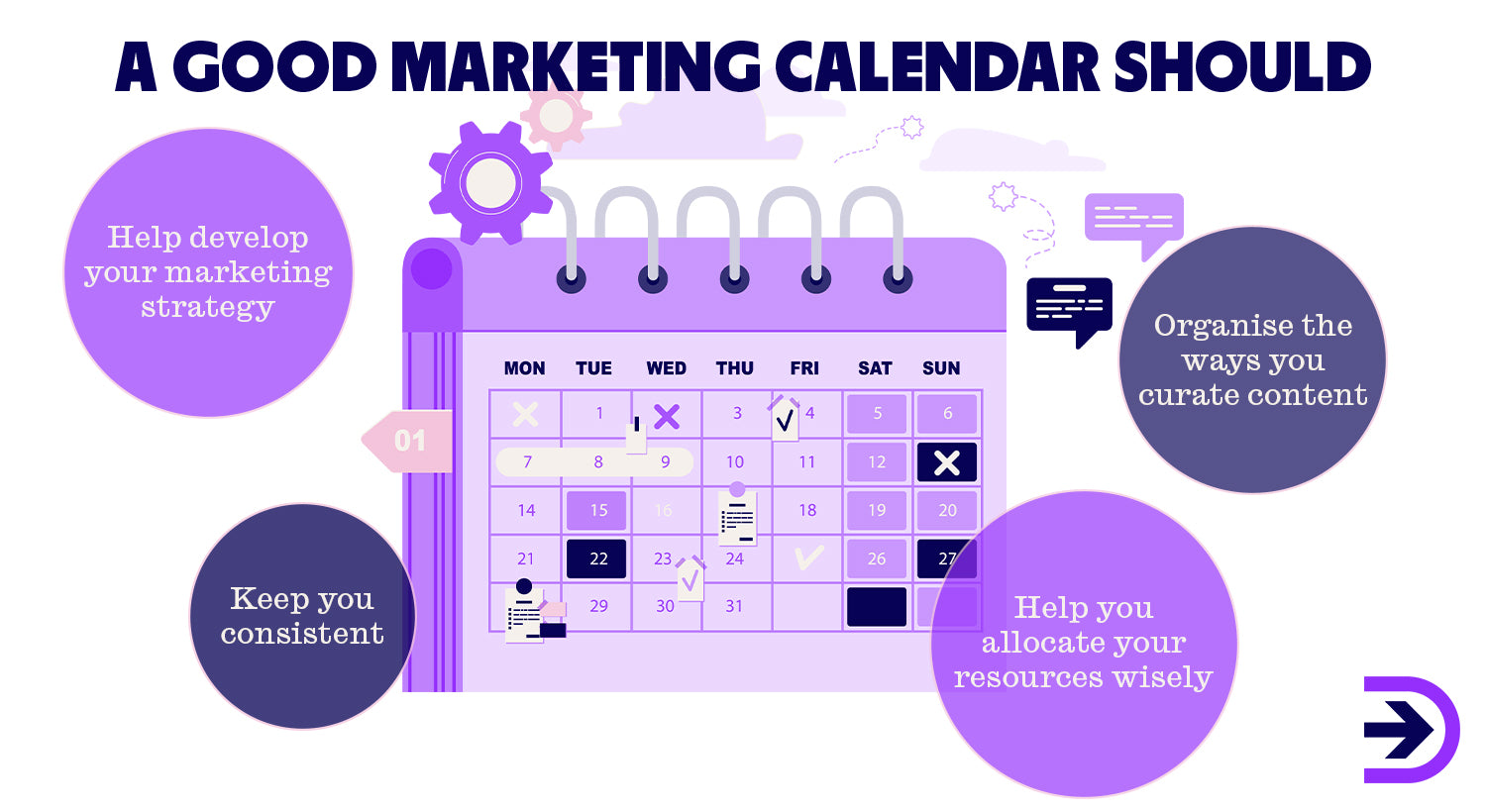
Marketing Calendars: What Are They & How Do You Build One For 2024
Forgetting someone's birthday can be a terrible feeling. It’s why Facebook remains so popular as it provides daily reminders to keep you accountable. Similarly, individuals may keep a diary to remember important dates. The same applies to online businesses. They need to keep track of significant dates throughout the year to take advantage of seasonal sales events.
What is a marketing calendar?
A marketing calendar is a handy tool that helps keep track of key dates with everything you plan to do regarding your marketing campaigns throughout the year. It allows you or anyone in your team to track what is planned for your marketing strategies on a weekly, monthly, quarterly, or yearly basis.
Essentially, a marketing calendar will help keep you and your team up to speed on any and all things happening throughout the year such as projects and campaigns, helping to minimise the risk of missing deadlines, losing out of business profits and reducing overall stress and chaos that usually comes when you’re underprepared. A marketing calendar will include information such as what the campaign is, the team member who is responsible for executing that campaign, the campaign dates and deadlines, and any feedback or data you found from that campaign.
Why is a marketing calendar important for business growth?
Webinar Care conducted a survey that found organised marketers, or those using a marketing calendar to track campaigns and dates, are nearly seven times more likely to report success compared to their counterparts. Let’s take a closer look at why businesses that use a marketing calendar experience so much success.
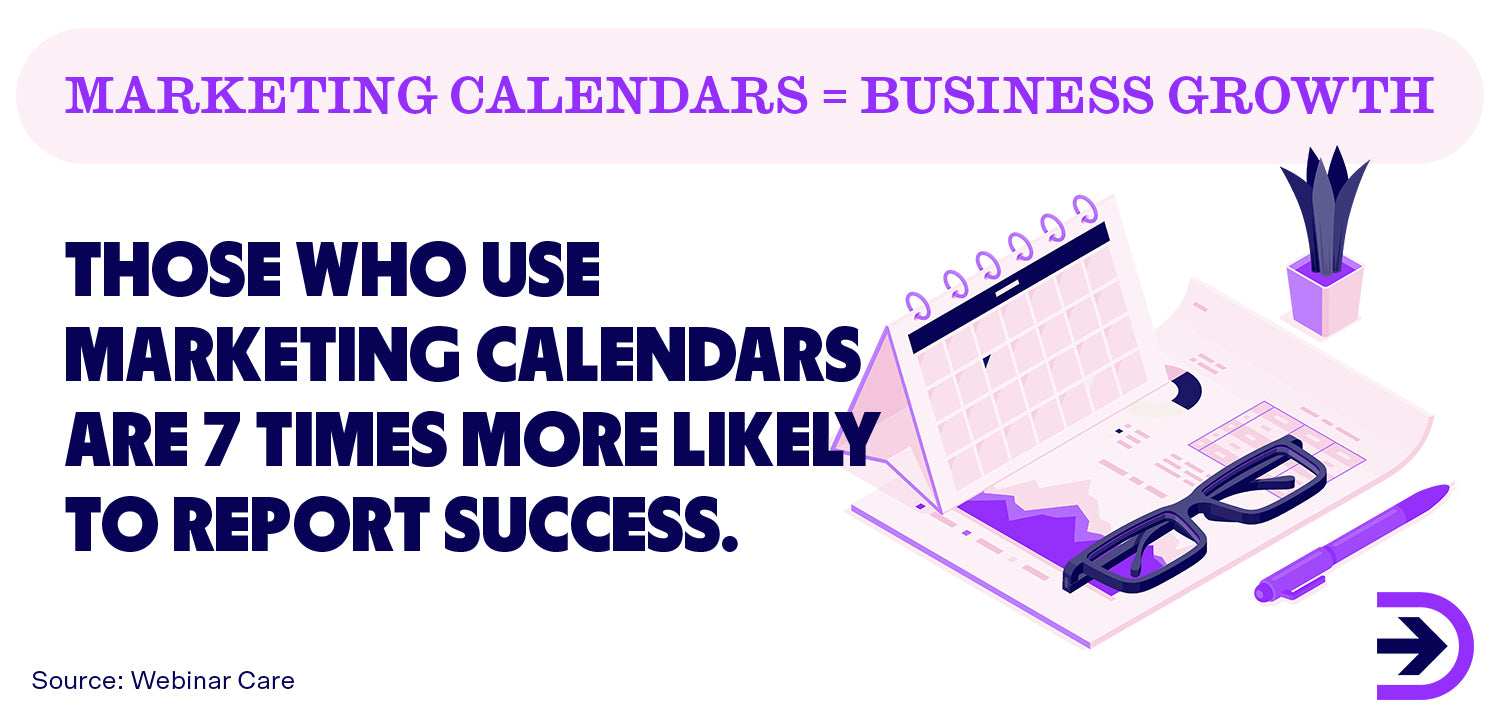
It keeps you organised
Having a marketing calendar is essential for the success of any business. The primary advantage of having a marketing calendar is that it helps keep you organised and on track. It is observed that nearly 47 per cent of online marketers set clear objectives and achieve success most of or all the time. Keeping you and your marketing team up to date with everything planned throughout the year helps you stay accountable and work towards achieving your goals. A marketing calendar also ensures that all team members are on the same page, and no deadlines are missed. It can be combined with other calendars that detail your social media marketing campaigns, editorial campaigns, advertising, email marketing, and any special events to keep your content coordinated across multiple channels. In doing so, a marketing calendar can help increase your business's profitability by ensuring that you hit every point of every channel.
It keeps you consistent
Consistency is key when it comes to successful marketing efforts. During busy times, it's easy to let your marketing campaigns slip. However, if you want to promote your online business, consistency is always important. To increase audience engagement through regular social media posts, you can use marketing calendars to help you stay on track throughout the year. By setting key dates for your marketing activities, you'll hold yourself accountable and increase your brand exposure.
It helps create cohesive campaigns
Marketing campaigns are an essential tool for brand recognition. For instance, Nike's "Just Do It" slogan is instantly associated with the sports brand and has been used in a multitude of marketing campaigns and social media posts since 1987. Marketing calendars can help create and maintain a consistent brand image across various marketing channels, such as advertisements, emails, blogs, and social media posts. This consistency not only helps in brand recognition but also enhances the overall effectiveness of marketing strategies.

You can plan ahead
Planning ahead, writing a to-do list, and setting goals for the new year are all effective ways to stay on top of your busy schedule. Marketing calendars can help you plan ahead and achieve this sense of fulfilment by allowing you to tick off tasks as you complete them. You can ensure that you don't miss out on important sales dates such as Click Frenzy, Black Friday, and Cyber Monday. You can also prepare for the busy holiday season by setting aside enough of your marketing budget to achieve success and grow your sales. Knowing when your marketing campaigns are scheduled to take place allows you to adequately prepare and avoid any surprises. You'll have enough time to ensure that your inventory is well-stocked, so you don't sell out due to a sudden increase in customer demand. For instance, if you have a big sale planned for the end of the year with a social media and email campaign, you can take the necessary steps to ensure that everything is in place for a successful campaign.
What functionality should you keep in mind when building your marketing calendar?
To make the most of your marketing calendar, choose one with ultimate functionality. Ensure it has the following:
Automatic syncing: This is crucial to ensure any changes you make to the calendar can be seen by all team members on any device they are using. Otherwise, there will be a major lack of communication and some members might miss out on important deadlines.
Ease of use: You want to ensure your marketing calendar is easy to use, no matter who is using it. If you’ve got team members who aren’t as tech-savvy as others, the interface you’ve chosen should be as straightforward as possible for everyone’s benefit and to avoid any issues. You’ll also want to make sure it’s easy for every member of your team to add dates, and campaigns, or create other calendar events.
Easily shared: You’ll want to make sure that the marketing calendar software is easy to share with people outside of your organisation. The reason for this is that you may need to send your calendar if you are outsourcing your marketing campaigns to agencies.
Customisable: You want your marketing calendar to be fully customisable so that you can set multiple categories with colour-coded sections for each different category. This is so your marketing calendar is easily read at a glance and isn’t too confusing for the eye. This will help you and your marketing team understand what is happening at any time throughout the year.
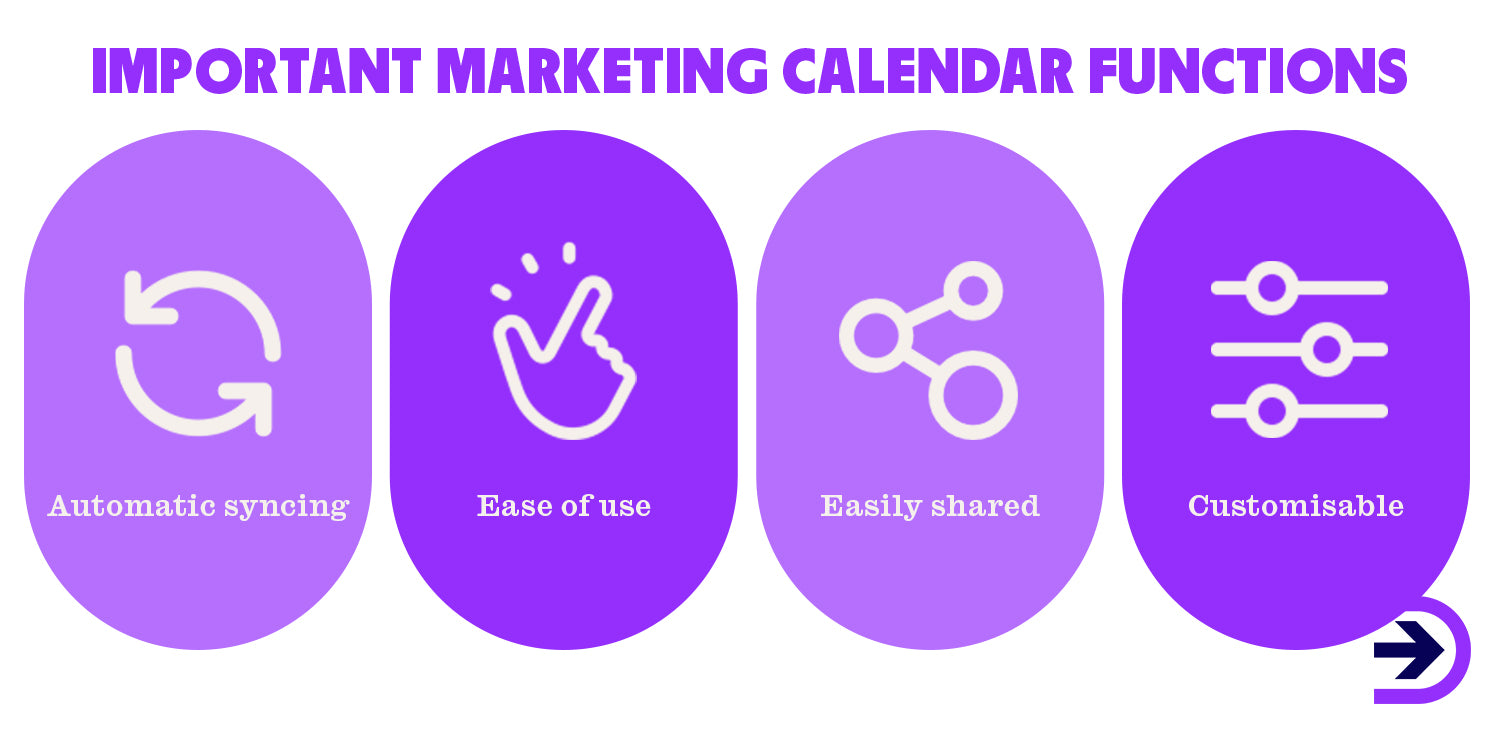
How do you build a marketing calendar?
Building a marketing calendar takes time, but if you follow the steps below, you should find it a bit easier.
Time frame
Before starting your marketing campaign, it's important to establish a time frame that will help you define your goals and objectives. Depending on the nature of your business and the goals you want to achieve, you may need to create a marketing calendar for the year, quarter, or month. If your business requires large advertisements, you may need to plan a year in advance, and a yearly planner will help you get a more accurate snapshot of your marketing campaign. However, it's important to note that yearly plans don't account for changing trends, so you should always leave some room for adjustments if your marketing doesn't align with the latest trends.
Quarterly plans are an excellent option for those who want to avoid risks but still have ample time to plan for bigger projects. By setting up a marketing calendar's timeline for each quarter, you can establish different objectives for each stage of the year and improve upon the previous quarter's results. If you prefer more flexibility to change your marketing strategy frequently, you can set up a monthly timeline. This approach allows you to keep up with trending media topics, similar to how things trend on TikTok. However, a monthly timeline requires more effort to maintain compared to yearly or quarterly timelines because you need to plan for each month. Constantly changing your tactics every month may cause you to lose focus on your marketing strategy.
Marketing channels included
The next step will decide what marketing channels you decide to include in your marketing calendar. The top marketing channels for online businesses in 2024 will be social media, websites and blogs, emails, and video marketing. Some other notable marketing channels you might choose to utilise include influencer marketing, search engine optimisation (SEO) and podcast marketing.
Search engine optimisation (SEO)
For the year 2024, you should focus on improving your website's visibility through SEO strategies. It's important to include your goals in your marketing calendar, so you can set aside time to work on them. Some of the tasks that you should prioritise in your marketing calendar are optimising your website's product descriptions, title tags, headings, internal links, meta descriptions, URL structure, and alt text for images. These are not tasks that can be completed in one day, so it's best to set achievable goals and work on them throughout the month, quarter, or year. By doing so, you can ensure that your website is optimised without feeling overwhelmed by the workload.
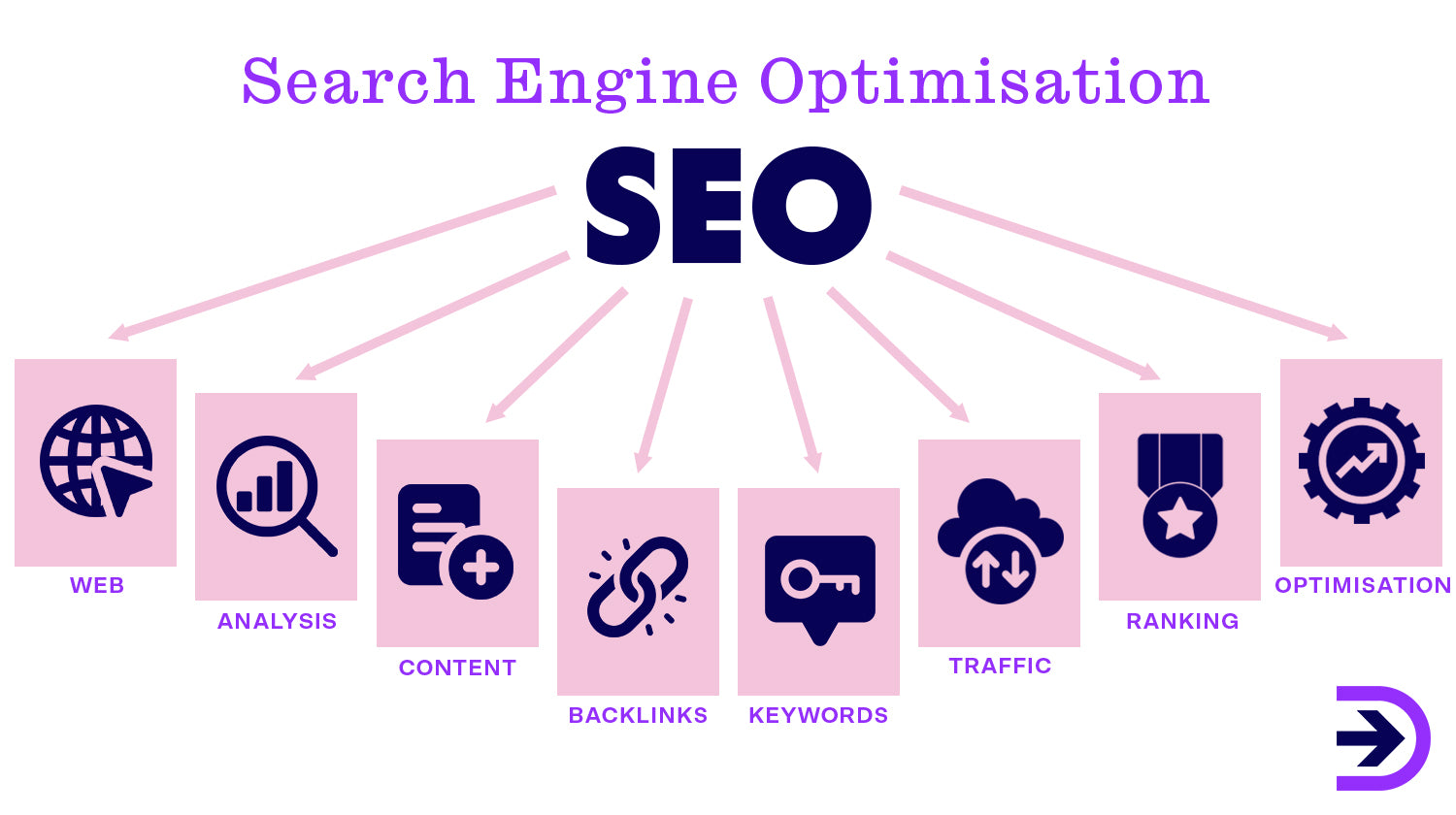
Social media
To keep up with the changing trends in customer shopping behaviour, it is important to prioritise a social media marketing calendar for 2024. Social media can be an effective tool to connect with your customers, create brand awareness, and boost engagement. Once you have decided on the social media platforms you want to focus on, you can start setting dates and planning posts. Creating shareable content that resonates with your target audience can help increase brand exposure, and it is equally important to respond to customer comments and messages to foster a strong relationship with them.
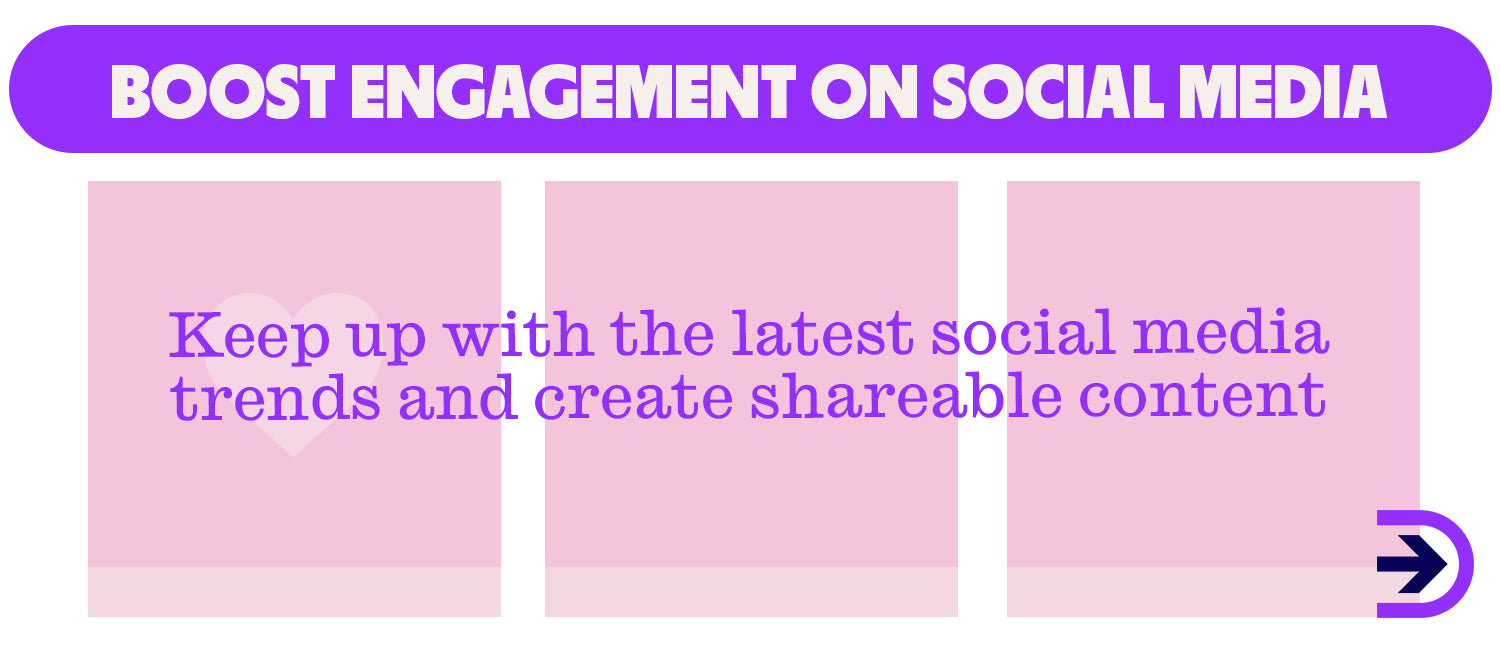
Email marketing
Email marketing is a highly effective strategy for any business. It can provide your customers with better insight into your brand and products, increase sales and engagement, and give your brand a more professional appearance. You can create a marketing calendar to plan your email campaigns for various promotions to ensure timely delivery. Additionally, you can also plan onboarding and offboarding journeys to enhance your brand's customer experience.
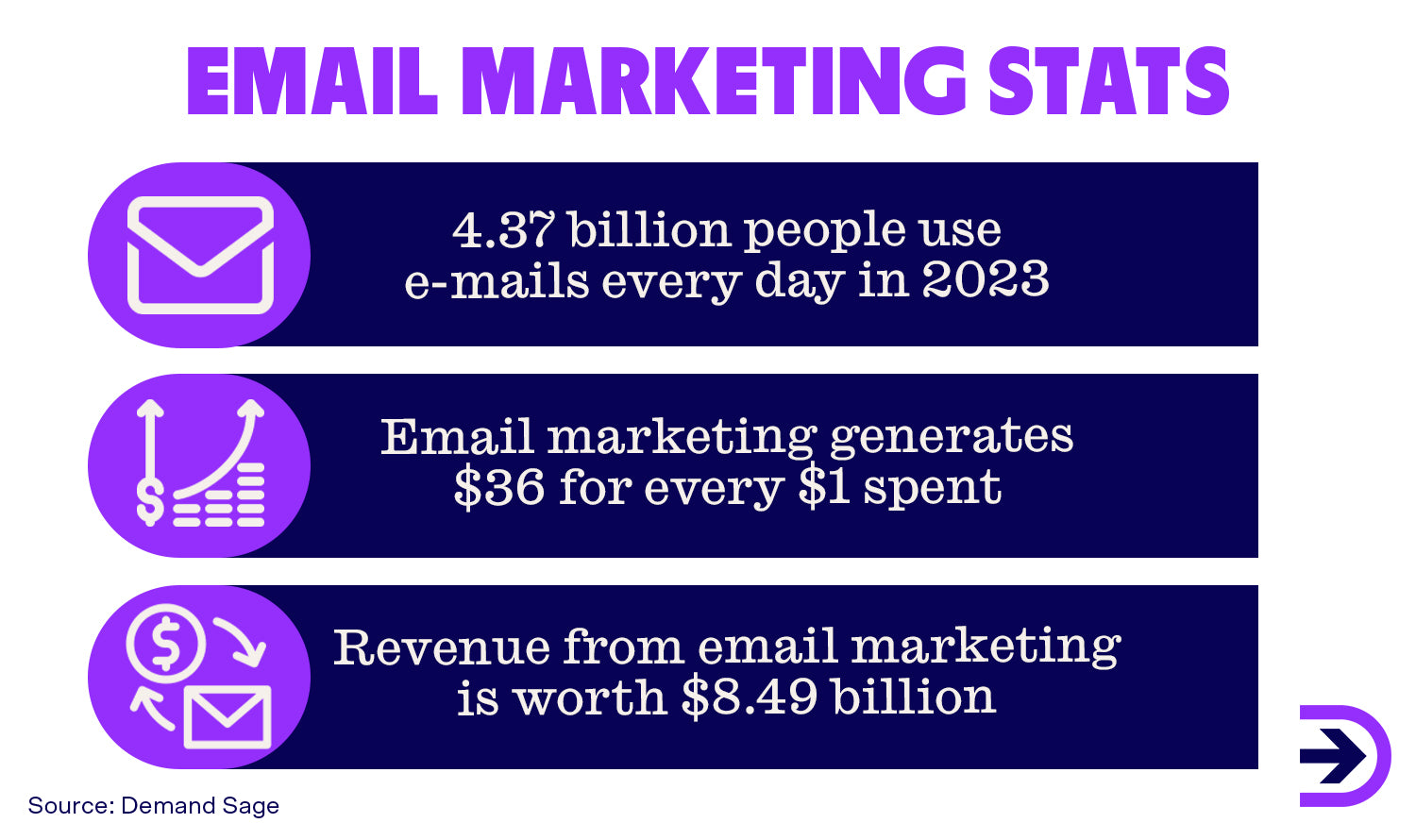
Content marketing
This is an excellent tool to boost your sales and enhance your brand exposure. You can create an achievable plan using a content marketing calendar, which will help you generate consistent content throughout the year. Content marketing is also a great way to rank higher on search engines, making your brand and products more visible to potential customers and driving organic traffic. You can create various types of content, such as blog posts that are optimised with relevant keywords, and videos that showcase your products and increase visibility.
Campaign types
There are various types of marketing campaigns that you can include in your marketing plan. It is essential to choose campaigns that align with your brand identity and goals. You may opt for campaigns that emphasise sales and promotions to keep your customers informed about your sales. There are other campaigns, such as holiday-themed campaigns, product launches, giveaways, and content-driven campaigns, that might depend on platforms like emails and social media. Some other popular marketing campaign types for ecommerce include:
-
Product marketing campaigns
-
Email marketing campaigns
-
Content marketing campaigns
-
Social media campaigns
-
Brand development campaigns
-
User-generated content campaigns
-
Public awareness campaigns
-
Affiliate marketing campaigns
-
Paid advertising campaigns
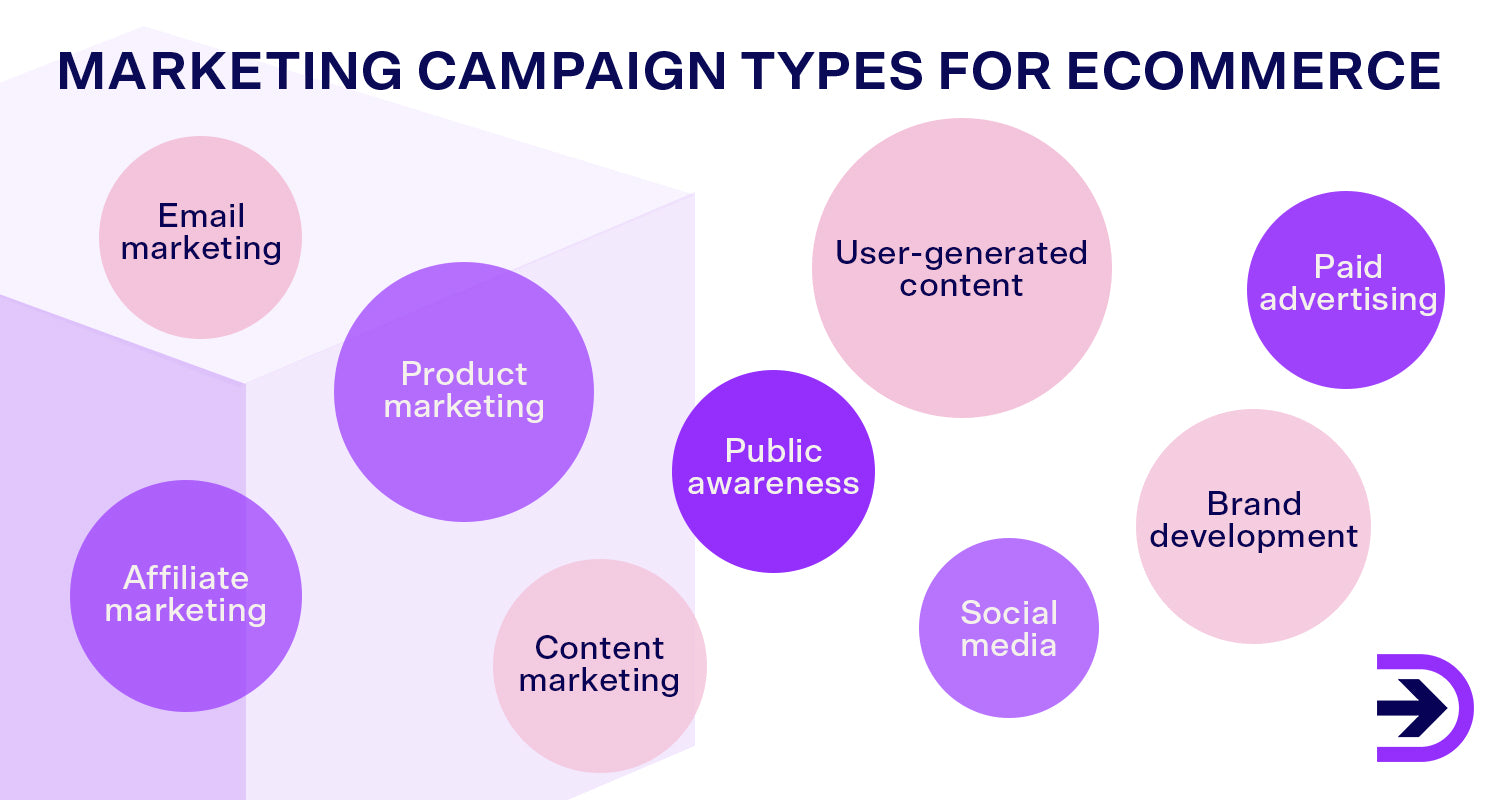
Milestones & annual promotions
Annual promotions include holidays and other sales events that occur every year. It's important to be aware of the dates of the events you want to participate in early, so that you have enough time to plan your marketing strategy. It's not advisable to participate in every holiday or promotion of the year, as this can overwhelm not only you and your staff, but also your customers. Instead, choose the holidays that are relevant to your brand identity. For instance, if you sell pancake mix, you may participate in Pancake Day, but not in International Coffee Day.
Business milestones might include new products, brand collaborations, re-branding or collections you have planned for the year. If you’ve got anything like this planned for the year, you want your customers to know about it, so your marketing calendar will need to include these key dates to ensure you get the most out of your marketing campaigns when it comes to your milestones.
Recommended software, tools & templates
Deciding on a marketing calendar template is an important step in creating successful campaigns. It will help you decide what it’s going to look like and also determine the usability of your calendar.
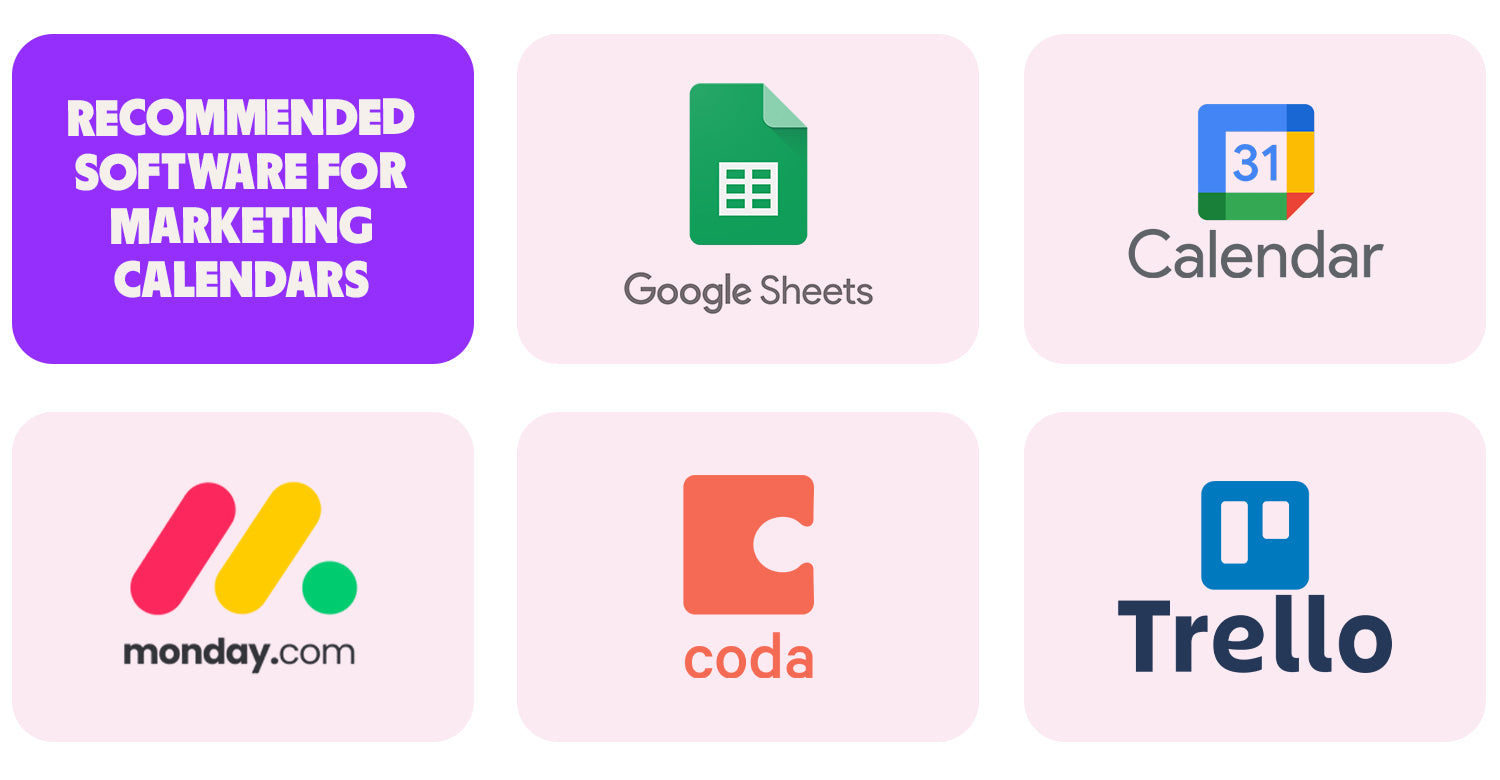
Google Sheets
Google Sheets is free for personal use, so it’s great for any business owners just starting out who want an easy tool to develop their marketing calendar. If you want to use this for business use, plans start at AUD 8.40 per user, per month.
Google Calendar
This is also available for free use so it’s great for beginners and has Google Workspace options for paid subscribers. You can use the Google calendar to invite staff to meetings to discuss marketing campaigns and link relevant documents.
Monday.com
Monday.com is a much more complex software compared to Google tools. It was developed specifically to improve workflow and you can create visually appealing and easy-to-use marketing calendars. The free version of the program gives you use for two accounts and three different workboards, as well as 200+ marketing calendar templates to get you started. Prices increase the more members you need, up to AUD 22 per seat per month, so you can choose a plan that works best for you and your business needs.
Coda
Coda allows businesses to manage projects and can even be integrated with your Shopify store. It does offer a free option for minimal use and has plans starting at AUD 14.90 per seat per month. You can set dates, assign team members, and set the status of different marketing projects.
Trello
Trello is a uniquely designed management software that keeps everything organised and in one place. You can create boards, lists, and cards depending on your projects to keep track and assign different team members to streamline your workflow and never miss a deadline. Pricing ranges from free to AUD 14.90 for premium memberships.
FAQ
What is a marketing calendar?
A marketing calendar is a tool that helps you keep track of your marketing campaigns throughout the month, quarter or year. It allows you to assign team members to different marketing campaigns and set deadlines so that you and your team members know what is coming in terms of your business’s marketing strategy.
What should a marketing calendar include?
A marketing calendar should include the timeline, the team members involved, the kind of campaign it is, the channel it will be distributed to, and the status of completion.
How do I create a marketing calendar?
First, you determine the timeline for which your marketing calendar will follow, whether that be monthly, quarterly or yearly. Then, you determine the marketing channels that will be included in your calendar. Next, you’ll choose your campaigns and assign your desired team members, and from there you can start working on your marketing campaigns.
